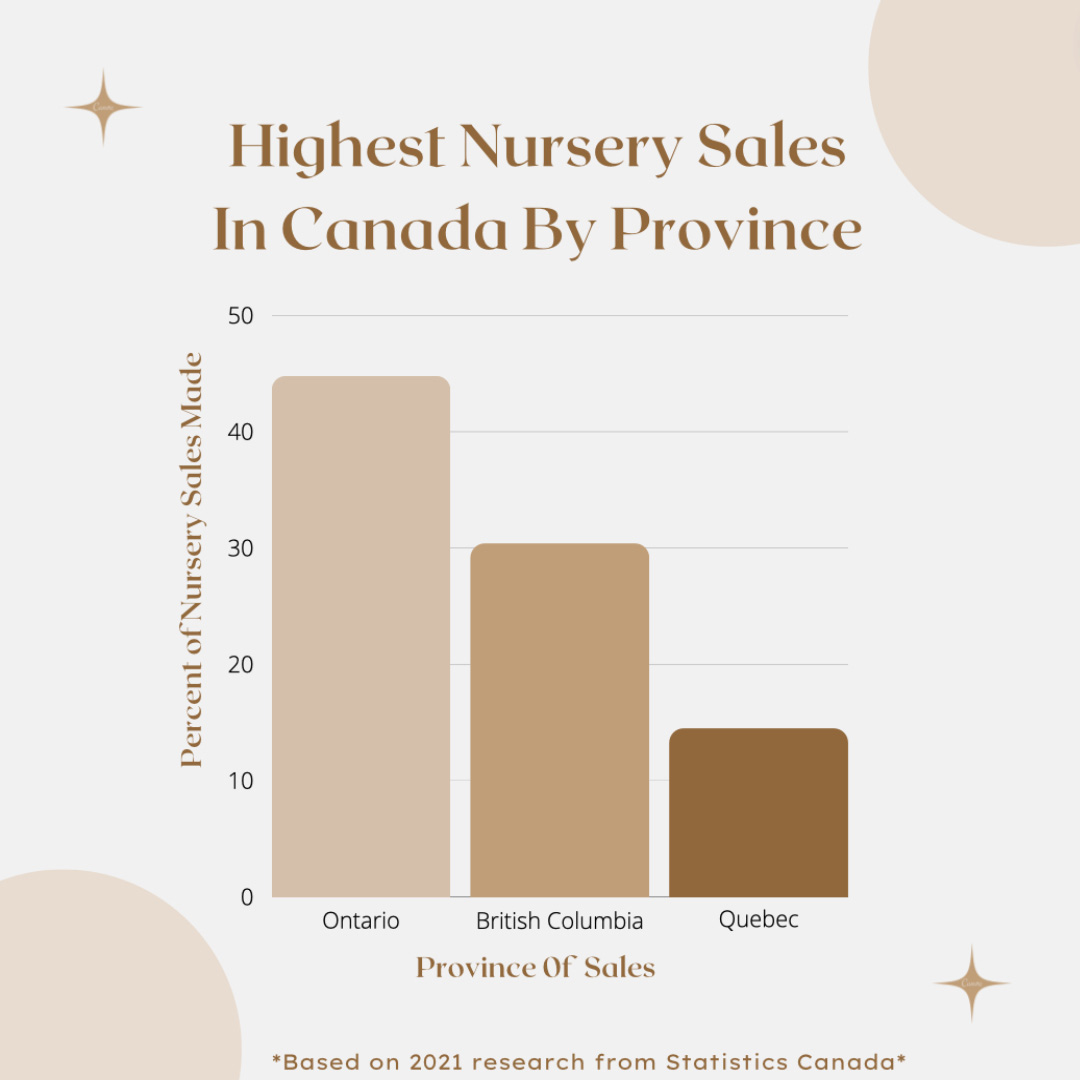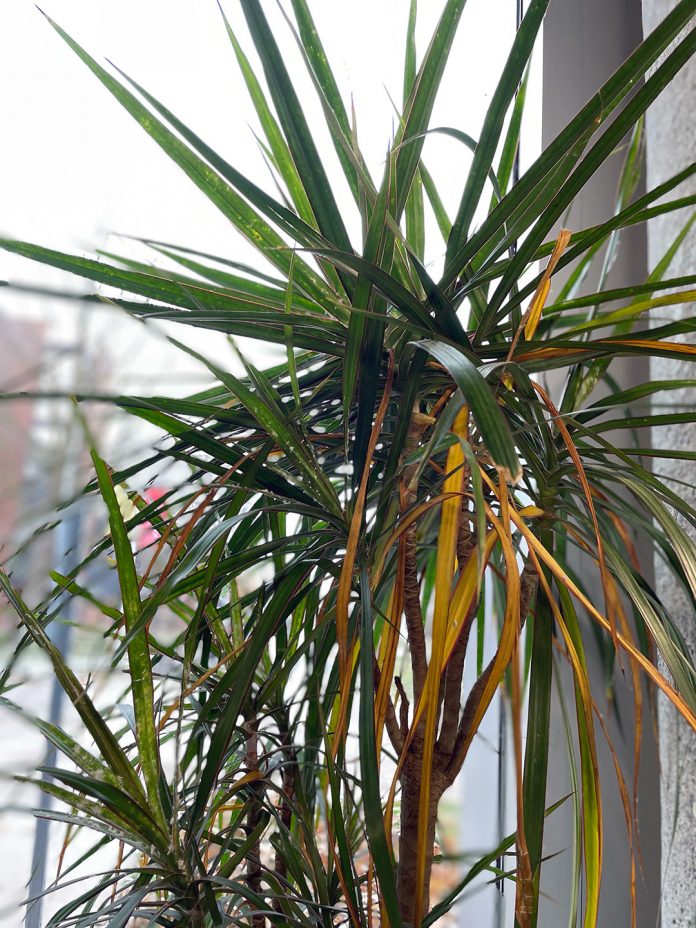Amidst the urban landscapes of Durham, residents are finding a surprising source of serenity: their own gardens.
With Ontario contributing 44 per cent to Canada’s nursery sales, gardening is transforming into a larger movement, fuelled by the growing awareness of the mental health benefits associated with plants and plant care.
Although the Durham Region is home to gardening groups and community gardens, such as the Glen Street Community Garden and the Mary Street Community Garden, residents are creating their own green spaces at home.

This trend is reshaping Durham’s agricultural landscape, as individuals contribute in their unique ways, differing from the traditional large-scale farming methods.
Chloe Wilson, a Whitby resident, shared how integrating nature into her home environment has been beneficial for her mental health.
“I found out about using different green spaces as a way to help regulate my emotions, and sometimes getting out of the house can be hard,” she said. “So I decided to bring the green spaces into my space.”
Although some are finding out about this trend from social media, many studies have confirmed the benefits of being in nature on one’s mental health.
Charles Hall, a horticulture sciences professor at Texas A&M University, highlights the well-being benefits of nature. He says the exposure to natural environments is linked to reduced stress and anxiety and improved cognitive function.
“The cognitive enhancement from being outdoors is very real. In fact, school kids that have plants in the classroom or college age students that have exposure to green spaces, their scholastic performance improves,” Hall says.
Durham College’s Campus Health and Wellness Centre recognizes this trend, and now offering the “Camp Wellness” initiative.
This program uses activities such as forest bathing, nature play, and its Mindful Farm Fridays program to encourage student wellness and academic success through interacting with nature.
Heather Bickle, a wellness coach at Durham College, expresses the importance of these programs as she says students can be pulled in many different directions by various aspects of their lives.
She highlights the importance of taking a break from a busy life to spend time with nature, noting it can be “just a nice pause for us to take.”
Mindful Farm Fridays integrates and encourages student agriculture as it takes place on the Whitby Campus farm.
On the farm, students grow plants like lavender, encouraging them to explore their wellness and approaches to contributing to the agricultural community.
This blend of nurturing one’s well-being through agricultural activities offers a practical model that can be easily adopted by people in their home environments.
Wilson advises beginners to start simple plants, like those found at grocery stores such as Walmart, as outdoor green spaces are not always accessible.
“I don’t have anything like a green wall in my room, but having a handful of plants around is really helping my mental health,” she said. “Gardening has not only been therapeutic, but also allowed me to create a sanctuary.”
Having plants and gardens around one’s living space is something that can make a significant difference with their mental health.
A study in the Urban Forestry & Urban Greening journal found that 73 per cent of respondents reported that owning and caring for indoor plants improved their mental health during pandemic lockdowns.

Growing these plants is more than just having plants in your house; as Wilson says, it feels good to take care of things.
“If they’re on the verge of dying and you save it, you kind of feel good about yourself; I brought this thing back, and I get to take care of something. You also get to take care of yourself in a way,” Wilson said.
This unique form of agriculture is not always easy. Melinda Knuth, an Assistant Professor at North Carolina State University, says people looking into this type of hobby shouldn’t give up too quickly.
“It just happens. So don’t be discouraged if you kill your little baby that you’re growing and it dies. Don’t give up on plants,” said Knuth
According to Wilson, those looking to explore their wellness through this unique form of personal agriculture should keep in mind it’s a science to figure out how to take care of plants, so it is common to kill a few before you can reap the benefits of your garden.
“You have to remember to be patient with you[self] and your plants,” said Wilson.




